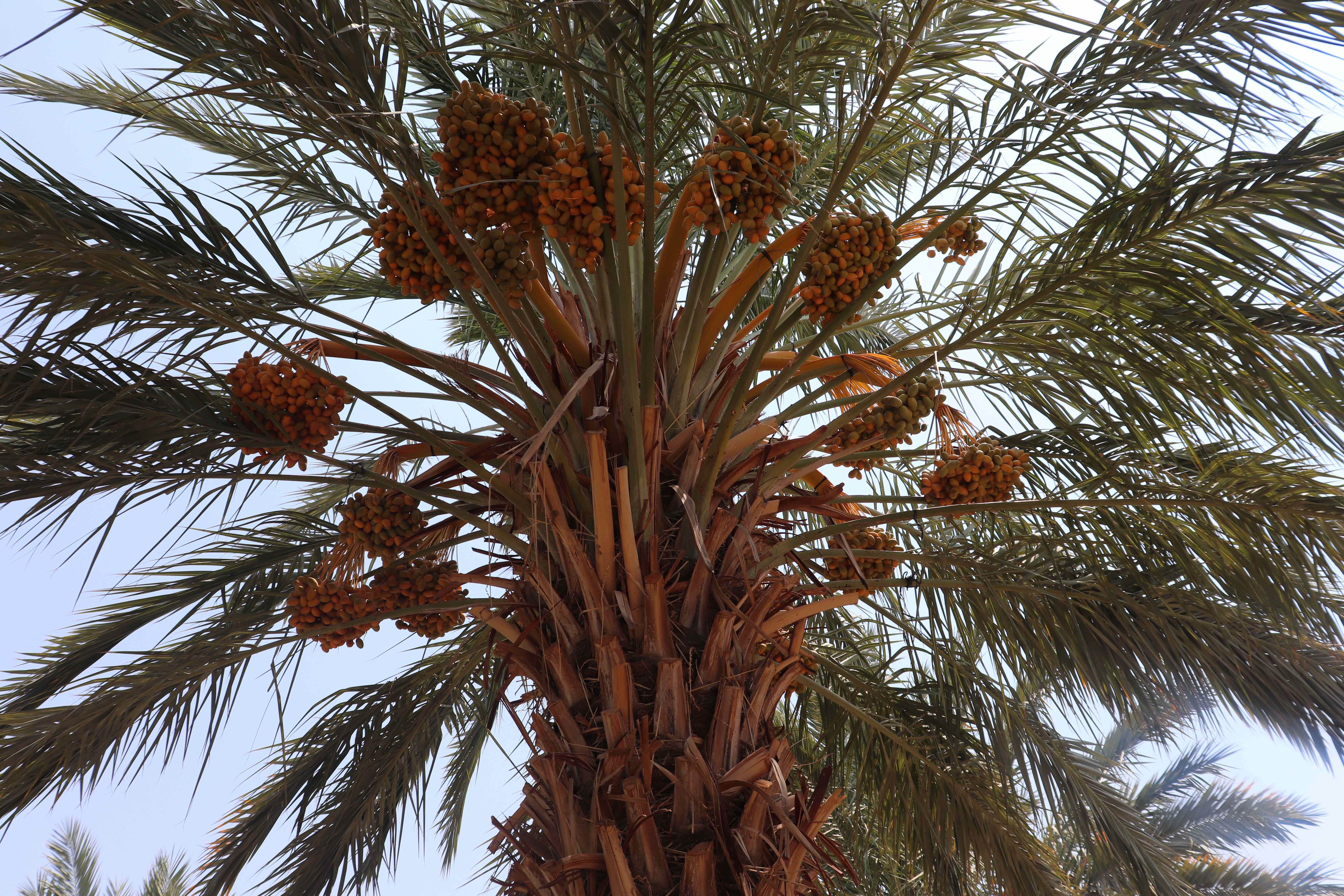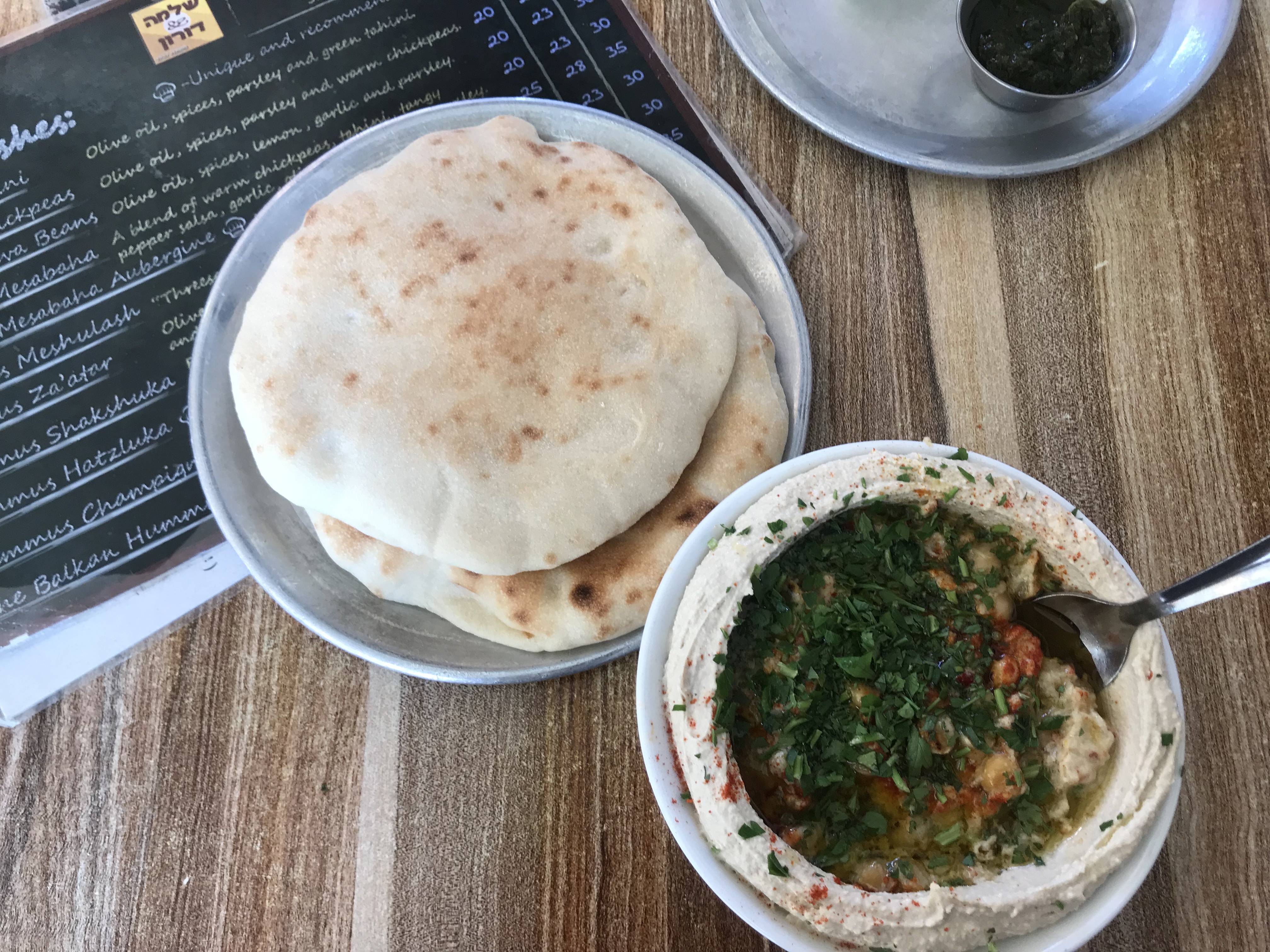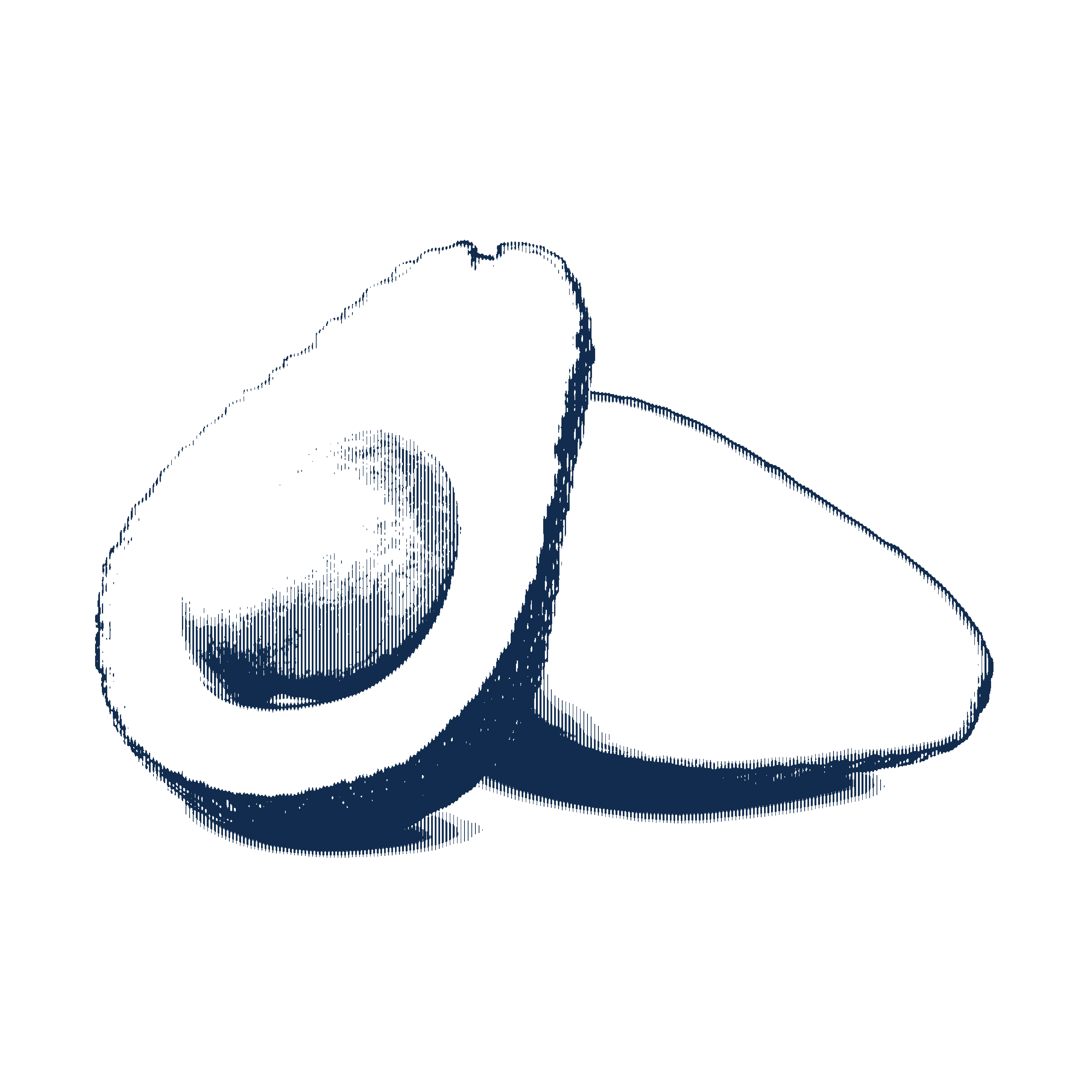
I came up through the Catholic school system—elementary, middle, high school and even college. As such, Jericho was something of a household name. In the Old Testament, it was the site of the massive Battle of Jericho, where the Bible says the Israelites followed God's instructions to conquer the stone-walled city. In the New Testament, it's where Jesus heals blind beggars and compels a tax collector to repent for his sins. The Bible also calls Jericho "The City of Palm Trees", which, as it relates to this project, actually became the most prescient piece of information I retained.
Jericho and the surrounding Jordan Valley sit at roughly 850 feet below sea level, making for an extremely hot and arid environment, but with reliable access to water in the Jordan River. To counter the dry conditions, the earliest farmers developed one of the world's first irrigation systems here, turning the area into the bountiful swaths of farm land that would feed much of the world—the Fertile Crescent. That legacy extends to the present day. It's a part of Palestine where families have been working the land for generations and, in many cases, know no other way of life.
Today, Jericho sits squarely in Area "A" of the West Bank. That means it's technically under the control of the Palestinian Authority and off-limits to Israeli citizens (per order of the Israeli governments). Residents of Jericho can't cross freely into Israel without applying for special travel permits or around much of the West Bank without risking random checkpoints and police encounters. For a town that once made its bounty off selling goods to the region, innovation has been necessary.
That's where a group of about 16 women enter. The YWCA was started in 2005, after the end of the Second Intifada when Jericho was essentially cut off from the rest of the West Bank, as a way to empower women and help them contribute to the dwindling family incomes around the valley. The program sources ingredients from local farmers, who receive above-market prices for their harvest, and cooks homemade meals and dishes that are iconic to Palestinian cuisine to then sell to neighbors. Shadia Hamza has been there since the very beginning, and she says the program changed her life by allowing her to participate in part of the resistance. When the town was meant to fail, she told me, it was her cooking and her love of food that she used to fight back.
Now, back to those palm trees. I had no idea that palm trees actually grow dates. And the best dates I've ever tasted were on Jamileh's farm. Soft, sticky and sweet, but not the artificial kind of sweetness that make me feel like a cavity's coming on. She has 150 palm trees that grow the medjoul variety. She tends to each tree by hand, first letting them change from green to light brown, then covering them with a net to catch them when they fall, and then carefully removing those that have dropped. The Jericho Valley's climate—hot and dry—is perfectly primed for dates, though Jamileh says many of the options she sees sold in the market are farmed with pesticides to make them bigger. She's only in her third year of production, and her only help is that of her three sons. She's had a hard time making any money off her product. Jamileh can't get the proper documentation to cross into Jerusalem to sell at the city's markets, and on a cost-basis, her organic growing process can't compete with competitors who pump up size and color and can sell for cheaper. She's tried to get export papers to allow her to sell globally through her website, but she's yet to receive approval from the Israeli Ministry of Agriculture.
The dates we ate were frozen from last year, when she had a particularly difficult time selling off her surplus. Jamileh's watched her neighbors and fellow farmers be forced to close their operations for similar reasons, including a USAID-backed mushroom farm late last year, but she's optimistic that eventually her dates will speak for themselves. In the meantime, I'll keep talking about them for her.









